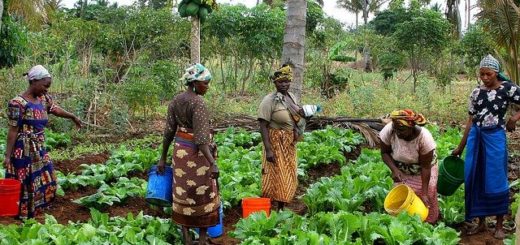Climate Change Influencing Crises
Climate change unleashes widespread and lasting damage across the world. Even though countries succeed in limiting global warming, the adverse effect of climate change is still experienced. The never-ending extreme natural disaster that force people to flee their homes. Covid19 has generally compounded these effects to millions of people around the world. The need for urgent action could not be clearer.
Most scientists have established that the earth’s warming is majorly caused by human activities, especially with greenhouse gases in the atmosphere. The gases arise from burning fossil fuel (coal, oil, gas). Over the next century, IPCC has estimated a temperature rise that will ensue more devastating climate damages to the human populace.
Scientist further confirms that the global warming makes extreme weather more frequent and more intense. Extreme weather entails hurricanes, droughts and heat waves. A single storm/ drought cannot be attributed to climate charge, though conflicts can arise when the drought causes food shortage. Amid Covid-19, the negative economic impact results from the pandemic have worsened hunger causing more conflicts. In simpler terms, climate charge involving a combination of already existing conflicts with the extreme weather conditions.
In history, countries like Kenya, Somalia, Ethiopia lost crops to an invasion of locusts that can result in food insecurity. Furthermore, climate change causing the change in rainfall patterns results in poor health among the population. Diseases outbreaks become rampant and cause major deaths, especially in young children, like diarrhea, dengue, and malaria.
In drought affected areas, farmers and pastoralists are forced to move from their ancestral lands searching for water and pasture. As they more, they concentrate on a small area where resources are limited, resulting in conflict.
Therefore, global political leaders need to facilitate programs that build climate resilience, which equips communities to face the impact of climate change by reducing greenhouse gas emissions, preventing environmental degradation, and rebuilding biodiversity. Also, communities should be given financial support and mandate to make decisions concerning conservation measures since the local leaders have first land experience and knowledge to handle these crisis.








